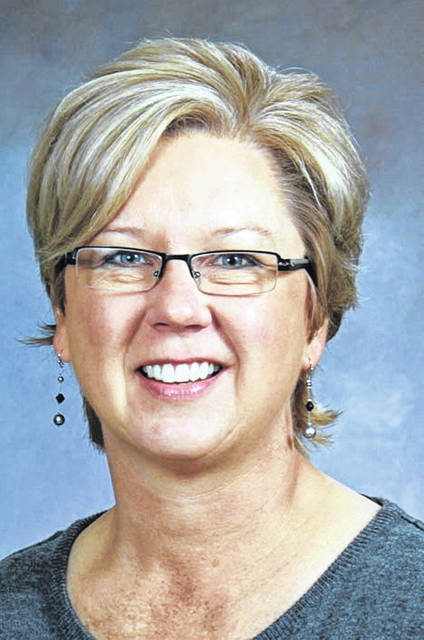
There are some things that may surprise you about speech therapy with toddlers. First of all, it does not always involve speaking, and it certainly should not look like therapy. It should be fun and play-based. The overall idea of communicating, whether it is verbal or nonverbal, is an important concept. Notice that I did not say talking, but rather, communicating. Reaching, waving, pushing away, patting, pulling and pointing are all nonverbal ways a toddler might express himself. Talking does not start with saying words. Another important skill that comes before talking is enjoying a back and forth interaction with another person without words. Picture a 10- to 12-month-old playing with some toys. She might look at you and smile as she shows you a toy, or he might hand you a toy then want it back again. These interactions may not even involve words, but they are enjoyable back and forth exchanges that are the precursors to actual talking. Just as a child must learn to sit up, pull to stand and cruise back and forth as he holds onto furniture before he walks, he must also master pretalking skills before he talks. However the skills that precede talking are more difficult to recognize.
So, what if you have a toddler that has all of the prerequisite skills above but is still not talking? There are strategies that you can use within your daily routine that will help develop expressive language skills. First of all, target words that are powerful for toddlers, words that are going to get him something. Examples would be words such as mine, more, cracker, drink, open, help, stuck or go. Use and repeat these words often without pressuring the child to say the words back at first. If a child repeatedly hears a word associated with an activity, she will eventually use that word also. For a nonverbal child, steer clear of academic words for now, such as colors and numbers. These words will come later after she learns some appropriate, powerful vocabulary words.
Caregivers will have the greatest impact on their child’s language development because they spend more time with him than a therapist who may only see him 40 minutes a week. I teach caregivers the best way to interact with their child in order to increase their communication skills. Parents do not have to set a certain time aside to “work” on talking with toddlers. It is more of a lifestyle change rather than setting aside a special time to do specific therapy activities. Small changes in the way caregivers interact with their children can mean big changes in communication skills, as well as behavior. Most importantly, these strategies can all be incorporated in daily living routines such as a car ride, meals, bath time, etc.
Following are additional strategies to help caregivers be the best models for their children. These strategies would be difficult to implement all at once. A good idea is to choose one or two that you want to work on and then slowly incorporate some of the others.
• Talk to your child. Talk to him about whatever he is doing. Use simple, age appropriate vocabulary. Kids need to hear a word many times before they learn what it means and how to use it.
• Reduce your questions. Quizzing a child by asking, “What is that?” or telling her, “Say ___.” will not make her talk. Use more comments and fewer questions.
• Stay on your child’s level. Model words and sounds that your child can make. Use object and action words that interest your child and repeat them often. In addition to naming items that express your child’s interests (baby, truck, car, ball, cracker…), verbs like go, jump, stop, come, fall and stuck are examples of words that can be modeled during toddler play.
• Imitation is important. Encourage your nonverbal toddler to playfully imitate some actions and sounds. Silly words like whoa, ouch, uh oh and achoo are good places to start.
• Think like a toddler. Toddlers like to repeat activities over and over. They learn something new each time. A toddler’s world is all about actions and sensations while an adult’s world is all about thoughts and language. We need to meet them where they are with actions and sensations, which means adults need to play with their toddlers! So, read that favorite book over and over again and play with their favorite toy even if you are bored with it.
There are many reasons why a child may be a late talker. The best person to determine if there is a delay and what to do about it is a certified speech therapist who has experience working with toddlers. If you have a concern about your child’s speech or any other area of development, and your child is under the age of 3, you can fill out a referral online at ohioearlyintervention.org or call Ohio Early Intervention at 800-755-4769. All services are free and available to any resident of Ohio.


